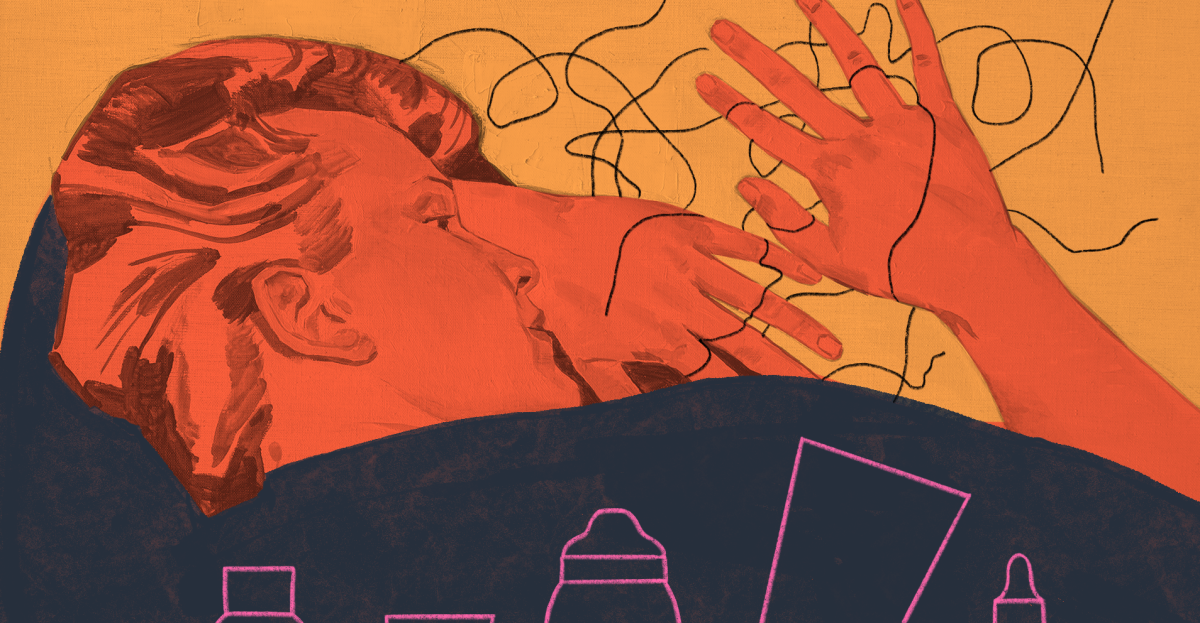The Hair Regrowth Struggle: Navigating the Challenges of Restoration
For millions worldwide, hair loss is more than a cosmetic concern—it’s an emotional journey marked by frustration and hope. From genetic predisposition to stress-related shedding, individuals face a labyrinth of treatments, costs, and psychological hurdles in their quest for restoration. This article examines the science behind hair regrowth, the efficacy of popular solutions, and the often-overlooked mental toll of thinning locks.
The Science Behind Hair Loss and Regrowth
Hair loss affects approximately 50 million men and 30 million women in the U.S. alone, according to the American Academy of Dermatology. While genetics (androgenetic alopecia) account for 80% of cases, factors like hormonal imbalances, nutritional deficiencies, and autoimmune conditions also play significant roles. “Hair follicles miniaturize over time, reducing their ability to produce new strands,” explains Dr. Elena Torres, a dermatologist specializing in trichology. “Effective treatments must address both the root cause and the follicle’s health.”
Current FDA-approved options include:
- Minoxidil: A topical solution that prolongs the growth phase of hair follicles, effective in 40-60% of users.
- Finasteride: An oral medication that blocks DHT, a hormone linked to male pattern baldness, with a 66% success rate in clinical trials.
- Low-Level Laser Therapy (LLLT): Devices like laser combs stimulate blood flow to follicles, though results vary widely.
The Emotional Toll of Hair Restoration
Beyond biology, hair loss carries a profound psychological burden. A 2022 study in the Journal of Cosmetic Dermatology found that 62% of participants reported diminished self-esteem, while 45% experienced social anxiety. “Patients often grieve their former appearance,” says Dr. Marcus Reed, a clinical psychologist. “The pressure to ‘fix’ it can lead to impulsive decisions or unrealistic expectations from treatments.”
Social media exacerbates these challenges, with filtered images and influencer endorsements creating unattainable standards. Sarah Chen, a 34-year-old teacher, shares, “I spent thousands on serums before accepting that regrowth is a marathon, not a sprint. The guilt of ‘failing’ treatments was worse than the hair loss itself.”
Emerging Technologies and Their Limitations
Recent advancements like platelet-rich plasma (PRP) injections and hair cloning offer promise but remain contentious. PRP, which involves injecting concentrated platelets into the scalp, shows a 70% satisfaction rate in small studies, yet the FDA classifies it as experimental. Meanwhile, hair cloning—cultivating follicles in labs—is years away from mainstream use due to ethical and technical hurdles.
Cost is another barrier: a single PRP session averages $500–$2,000, while hair transplants range from $4,000 to $15,000. “Many patients don’t realize insurance rarely covers these procedures,” notes Dr. Torres. “They’re often left choosing between financial strain and resignation.”
Alternative Approaches and Lifestyle Factors
Some turn to holistic remedies, though evidence is scant. Rosemary oil, for instance, may boost circulation comparably to minoxidil, per a 2015 study, while biotin supplements only help if a deficiency exists. Stress management and diet also matter: iron, zinc, and protein deficiencies can accelerate shedding.
Key lifestyle adjustments include:
- Reducing heat styling and tight hairstyles that strain follicles.
- Incorporating omega-3s and antioxidants to combat inflammation.
- Prioritizing sleep to regulate cortisol levels linked to hair loss.
Looking Ahead: The Future of Hair Restoration
Researchers are exploring stem cell therapies and JAK inhibitors, which showed 50% regrowth in alopecia patients during trials. However, accessibility and affordability remain hurdles. Advocacy groups push for greater insurance coverage and mental health support for those affected.
For now, experts emphasize managing expectations. “Regrowth isn’t linear,” says Dr. Reed. “Success should be measured in confidence, not just strand count.” Those beginning their journey are advised to consult board-certified specialists and seek community support groups to share experiences.
If you’re struggling with hair loss, connect with a dermatologist to explore personalized options. Remember, restoration is as much about self-acceptance as it is about science.
See more WebMD Network



